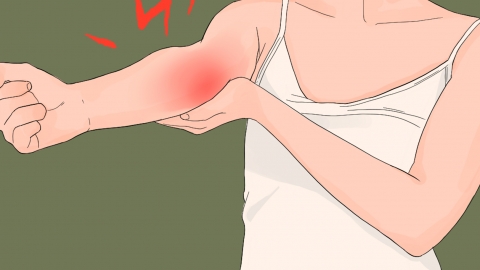Is periosteal injury serious?
In general, the severity of periosteal injury depends on the extent of damage. Mild periosteal injuries are usually not serious and can gradually recover with rest and proper care. However, if the injury is severe—such as when accompanied by periosteal tearing, bleeding, or bone damage—it becomes more serious and requires timely intervention. Detailed analysis is as follows:

If the injury is mild, it is often caused by minor impacts or overstretching, possibly manifesting only as slight local pain and swelling, with discomfort worsening during movement. In such cases, no special treatment is required. Reducing activity in the affected area, applying cold compresses to reduce swelling, and later using heat therapy to promote blood circulation typically lead to gradual symptom relief within 1–2 weeks.
In cases of severe periosteal injury, extensive tearing of the periosteum, local bleeding, or bone fractures may occur. The injured area experiences intense pain, significant swelling, and may even impair normal limb function. Immediate medical attention is necessary in these situations. Treatment may involve immobilization, medication for pain relief, and a longer recovery period. Without timely management, such injuries could disrupt nutrient supply to the bone and delay healing.
For daily care, avoid placing excessive stress on the injured area. With mild injuries, gentle movement is acceptable; however, strict immobilization according to medical advice is essential for severe injuries. Nutritionally, adequate intake of protein, calcium, and vitamin D supports periosteal repair.




